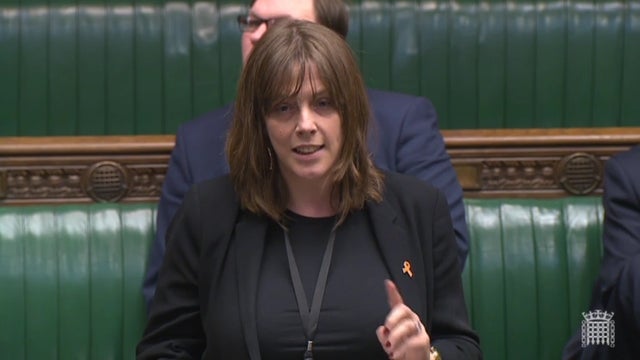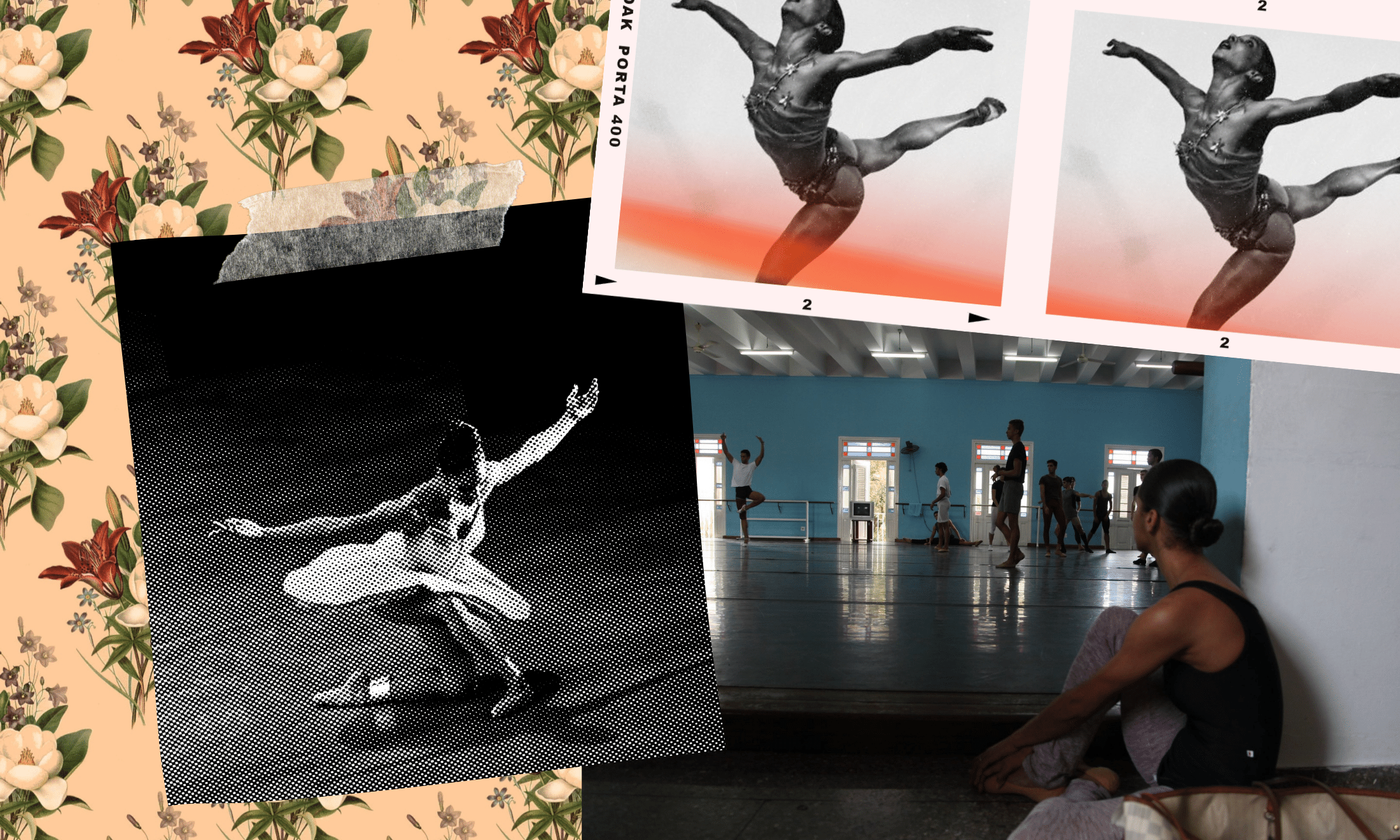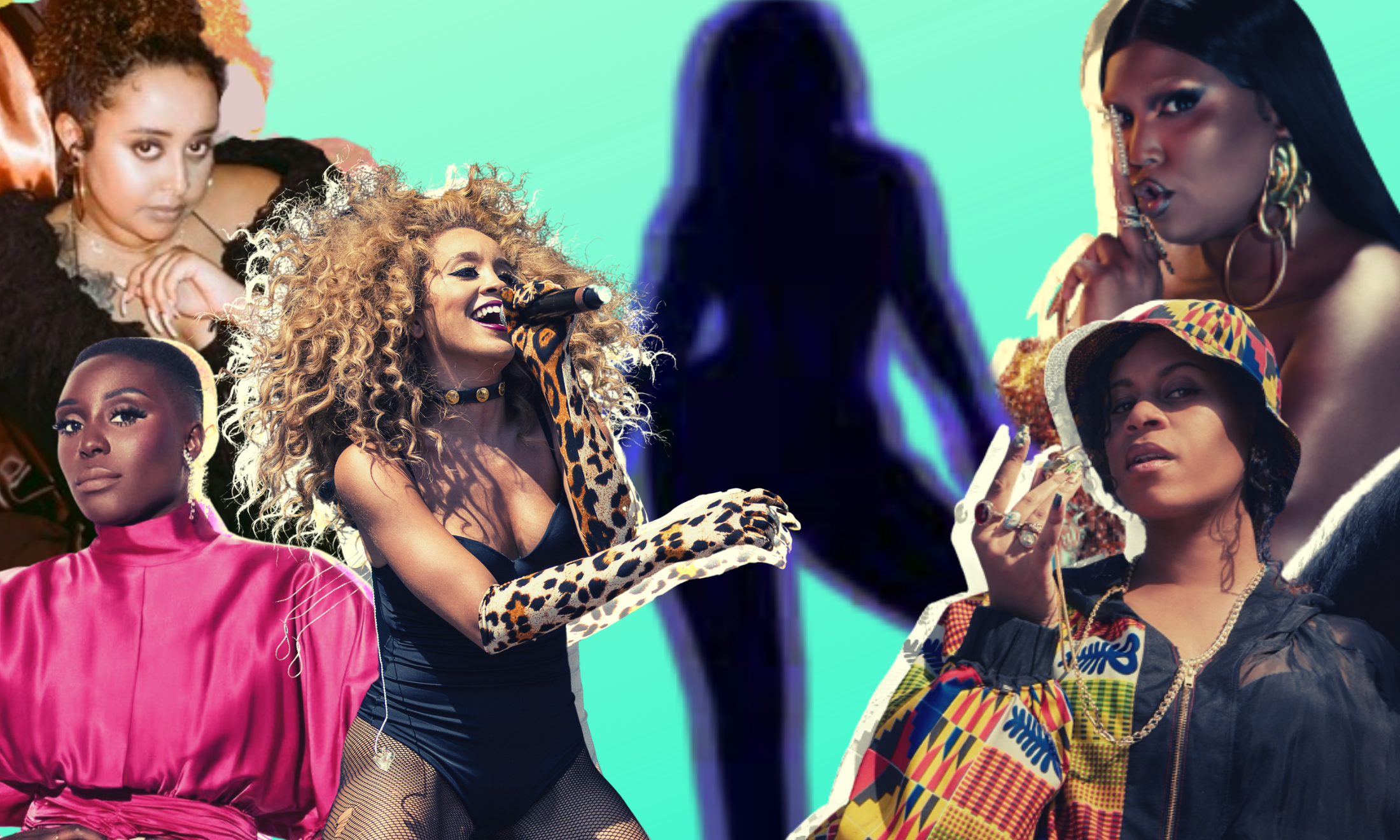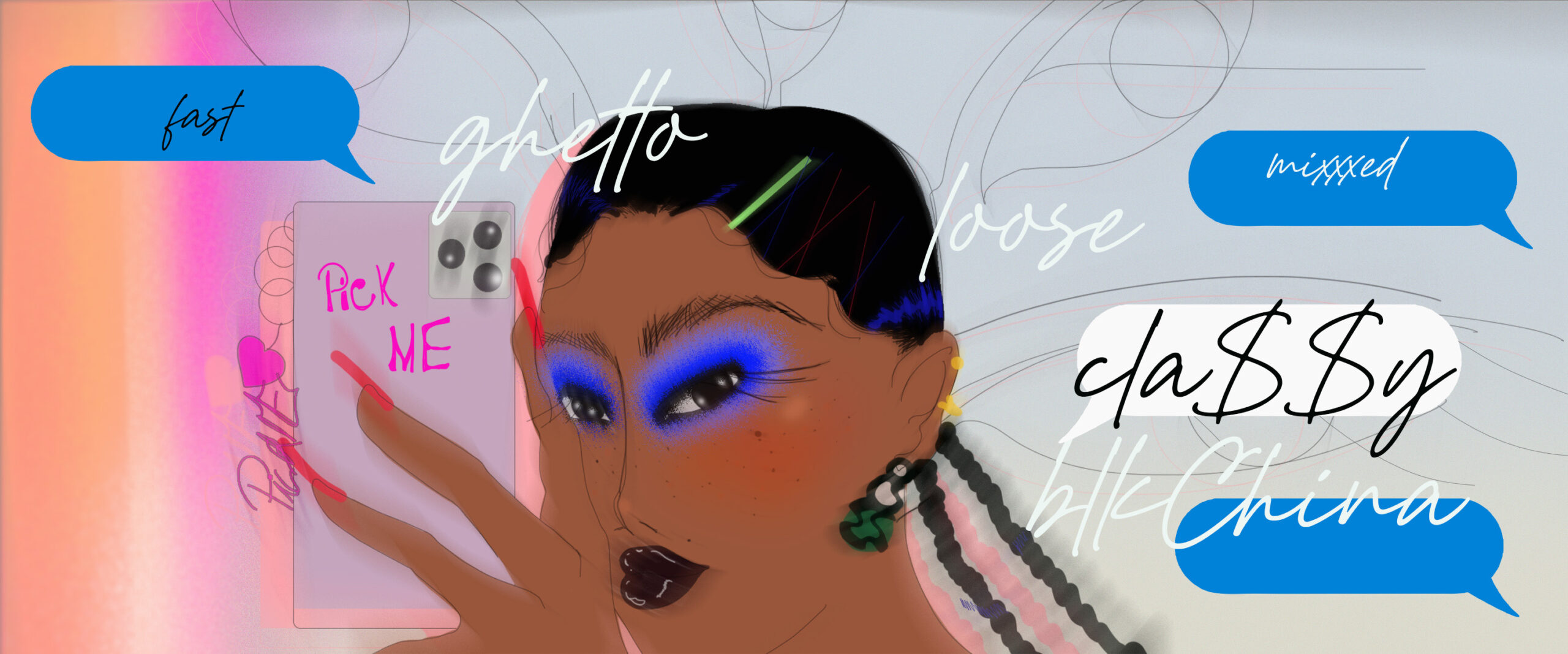
As we rally to support Jess Phillips, let’s not forget her ‘lies’ about Diane Abbott
Victoria Princewill
10 May 2019
Still via UK Parliament
The fact that women in public roles face sexist abuse was once a mere theory, batted away by red herrings called “likeability”. In the social media age, however, the amount of unbridled hatred unleashed upon a woman with a public voice makes misogyny harder to deny. In the case of Jess Phillips MP, a politician has made and defended rape jokes about her since 2016 and only now is social and mainstream media gathering together to condemn him.
This solidarity should be praised, but it’s nowhere near enough and if this tells us anything, it’s that there is much more to be done. However, there is also much more to the story. Jess is the most recent MP to receive attention for the horrific levels of abuse that woman MPs face, but she’s neither the first to receive it nor the woman receiving the most.
According to Amnesty International, in the run up to the 2017 general election Diane Abbott received almost half of all abuse directed at women MPs and the Guardian notes that black woman politicians and journalists are almost twice as likely to be abused as their white peers. Diane’s treatment by the public, parliament and the press is a classic case of misogynoir. Misogynoir, as coined by academic Dr Moya Bailey, describes “the ways that anti-Blackness and misogyny combine to malign Black women”. Misogynoir and its mainstream acceptance has led to Diane being treated publicly, by media outlets and political institutions, as something of a joke – and it’s a form of misogyny so culturally permissible that white women who usually condemn sexism feel comfortable participating in it.
“Black woman politicians and journalists are almost twice as likely to be abused as their white peers”
In a January episode of Question Time, Fiona Bruce, who shuns social media because of sexism, mocked Diane Abbott, and in an unaired briefing made the sexist presumption that Diane’s shadow cabinet job was courtesy of a previous personal relationship with Jeremy Corbyn. Fiona then proceeded to correct Diane inaccurately whilst cutting her off repeatedly during the broadcast.
This is part of a broader cultural trend, exemplified by Jess Phillips who, according to Diane, falsely claimed she had told Diane Abbott to “fuck off”, and then went to an international newspaper to brag about doing so. Jess added that “people said to me they had always wanted to say that to her, and I don’t know why they don’t as the opportunity presents itself every other minute”. Is there a legitimate reason why a politician would boast about verbally abusing her work colleague and be congratulated by her peers on doing so? This whole narrative becomes darker when we recall that it’s disputed that the encounter took place. Why tell such a story?
“According to Diane, Jess falsely claimed she had told her to ‘fuck off’, and then went to an international newspaper to brag about doing so”
The only reason one could see no contradiction in bullying a woman with one hand and denouncing the bullying of women with the other is if some women are deemed less woman than others. It’s notable that both women bullying Diane did so to gain the approval of their audiences. Jess seemingly lied about bullying Diane for press attention. Fiona was described as “whipping up” the crowd prior to the airing. It’s clear that we have disunity at the heart of British feminism which facilitates bullying across intersectional lines for validation from the mainstream.
The failure of British feminism to see black women as participants in the feminist space as opposed to fodder for a fatuous mob is a problem we can no longer ignore. If we do, feminism will continue to fracture until it ceases to stand.









